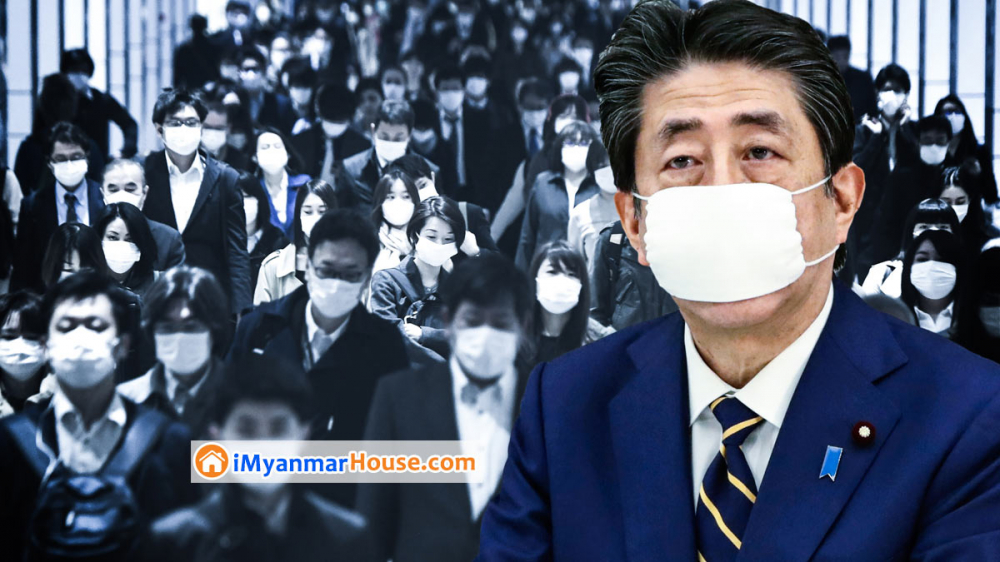
Foreign Property News | Posted by Shwe Zin Win
How is it that a crowded mega-city like Tokyo, without a stay at home order and with a menacing outbreak, managed to avoid a catastrophe?
The key might lie in its people’s awareness of public hygiene — and masks in particular.
Mask-wearing has become an anathema to many parts of the US (and some parts of Europe) — but it may be a good part of why Japan and several other Asian countries are faring so well comparatively.
When you look at the coronavirus mortality rate, it is substantially lower in several Asian countries than the US or many countries in Europe.
Japan is a particularly striking example. Prime Minister Shinzo Abe ended the national state of emergency last week as Japan has by far the lowest coronavirus figures in the group of seven major economies.
Japan has no legal way to enforce a lockdown, so it relied on its population to respect the quarantine — and while the crisis is far from over, it managed to stave off the infections to a relatively low number.
There are currently under 20,000 confirmed cases in Japan, which for a country of over 126 million, is stunning. The fact that Japan managed to keep its infections so low despite its sprawling urban agglomerations is even more impressive.
In a recent press conference, Japan’s national expert panel addressed some questions about why the country seems to be faring so well — and they cite face masks as an important factor.
“There’s strong awareness of public hygiene, starting with the habit of washing our hands. And, due to historical experiences, there is widespread knowledge about preventing infections,” the panel explained.
“Another social factor is that Japanese people feel comfortable wearing masks on a daily basis. Many people are allergic to pollen, so they do this during the cedar pollen season from the beginning of the year until spring, as well as to protect against influenza.”
Ref: ZMEscience









